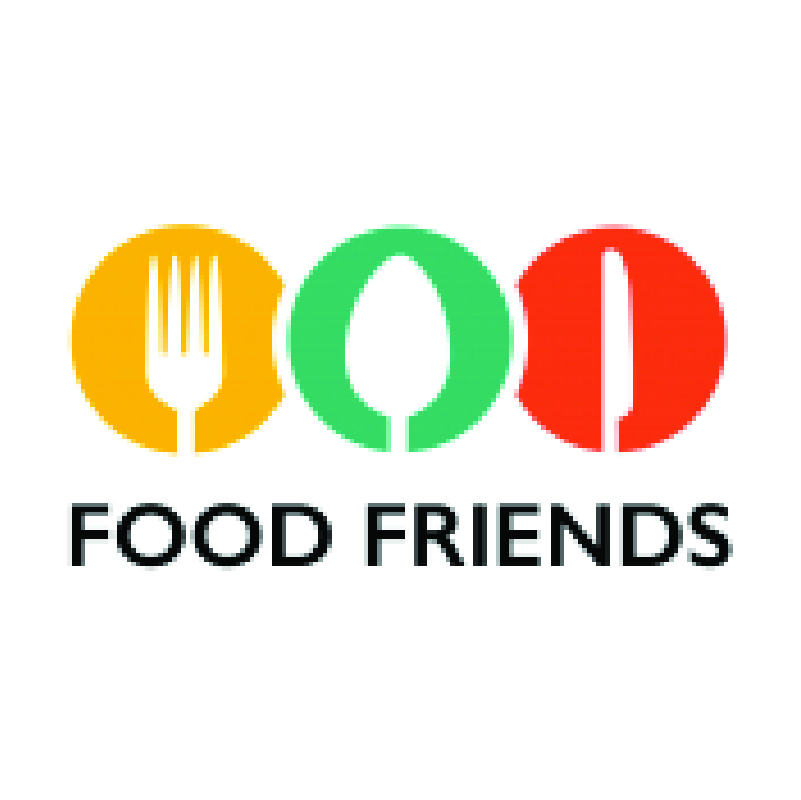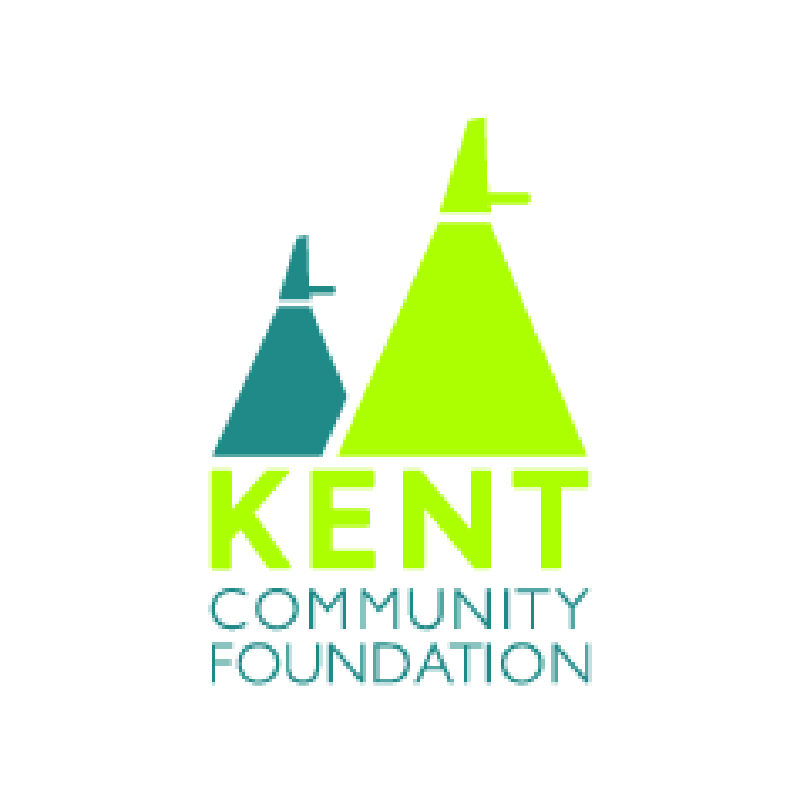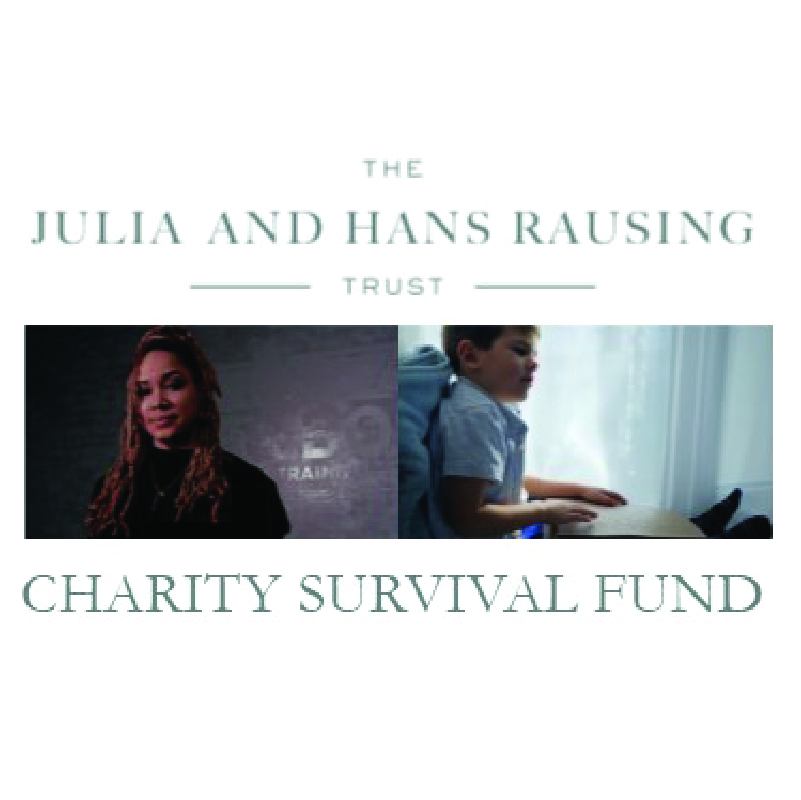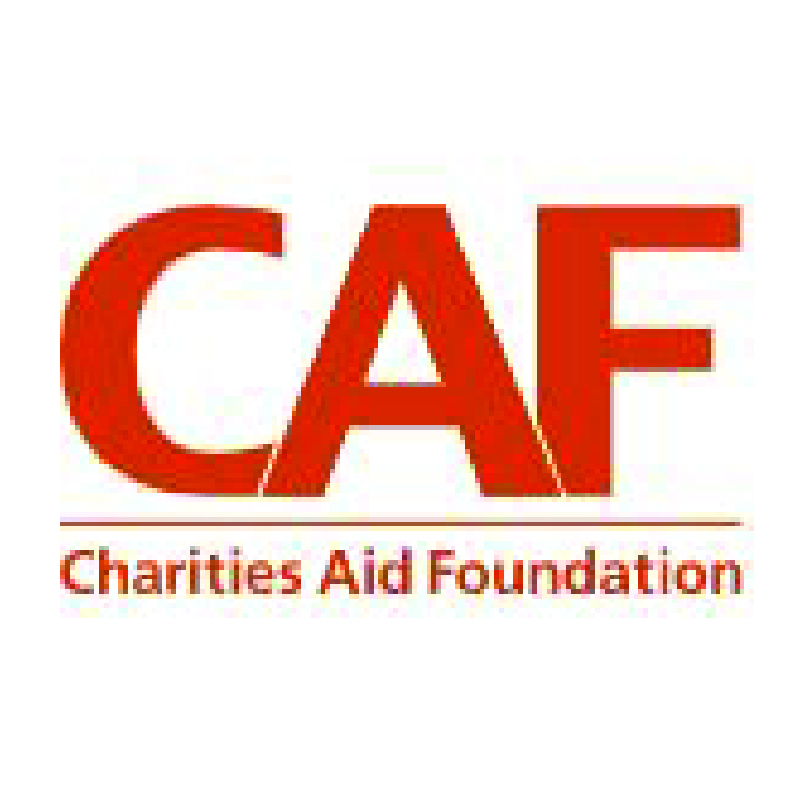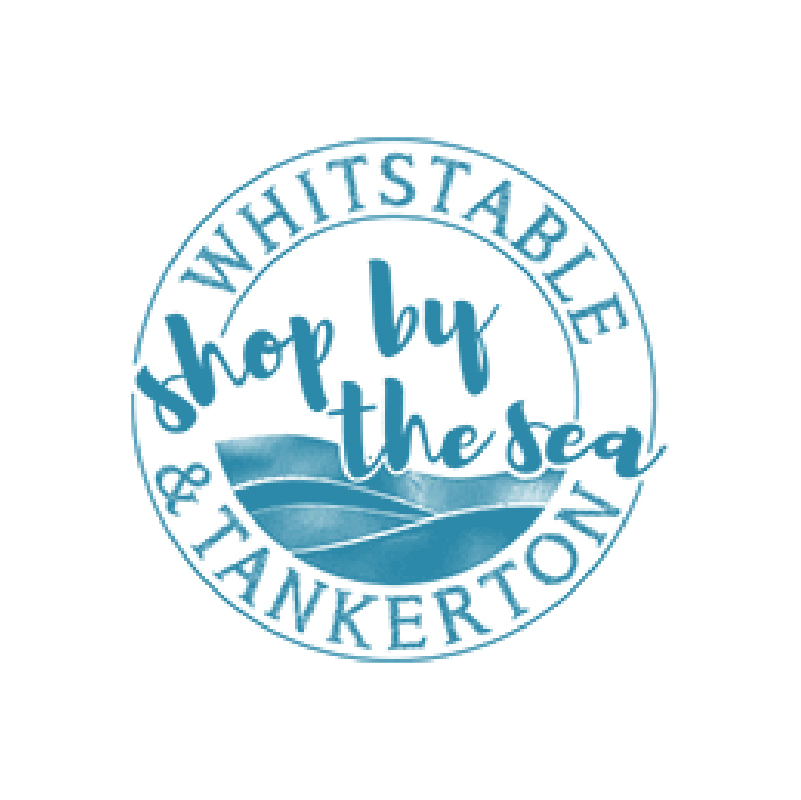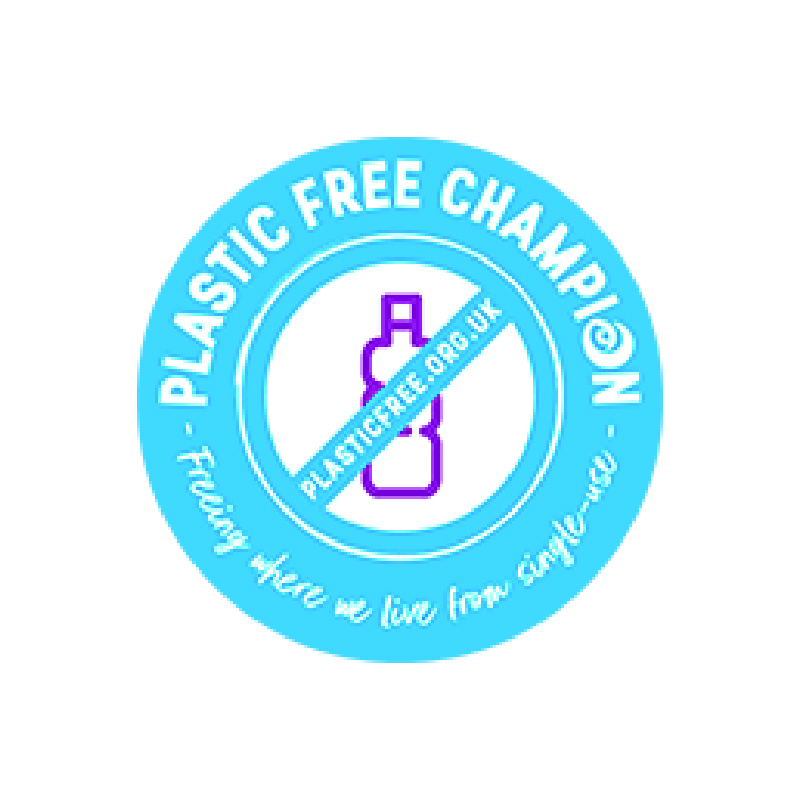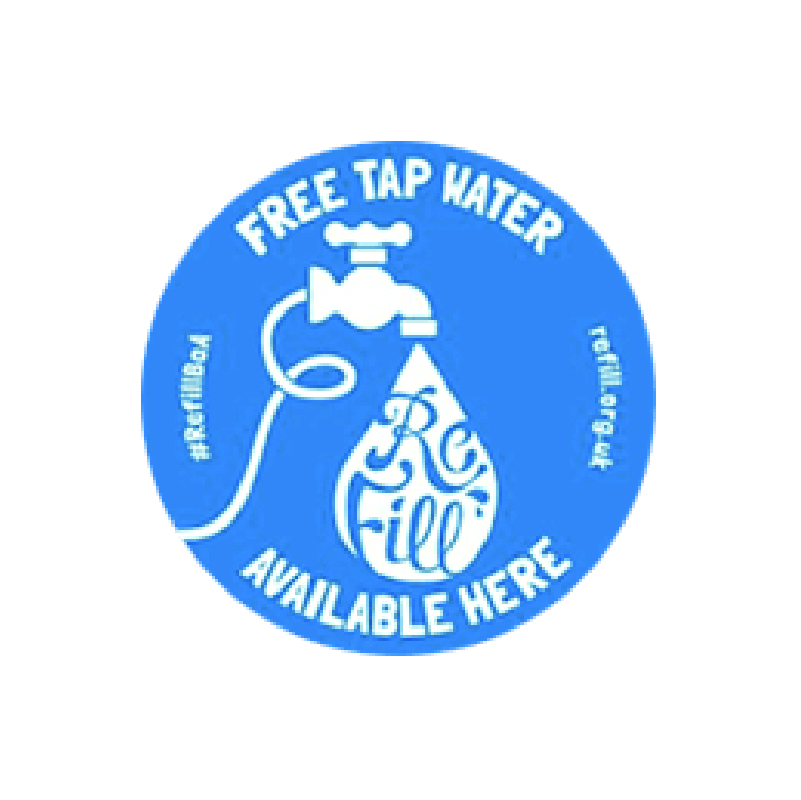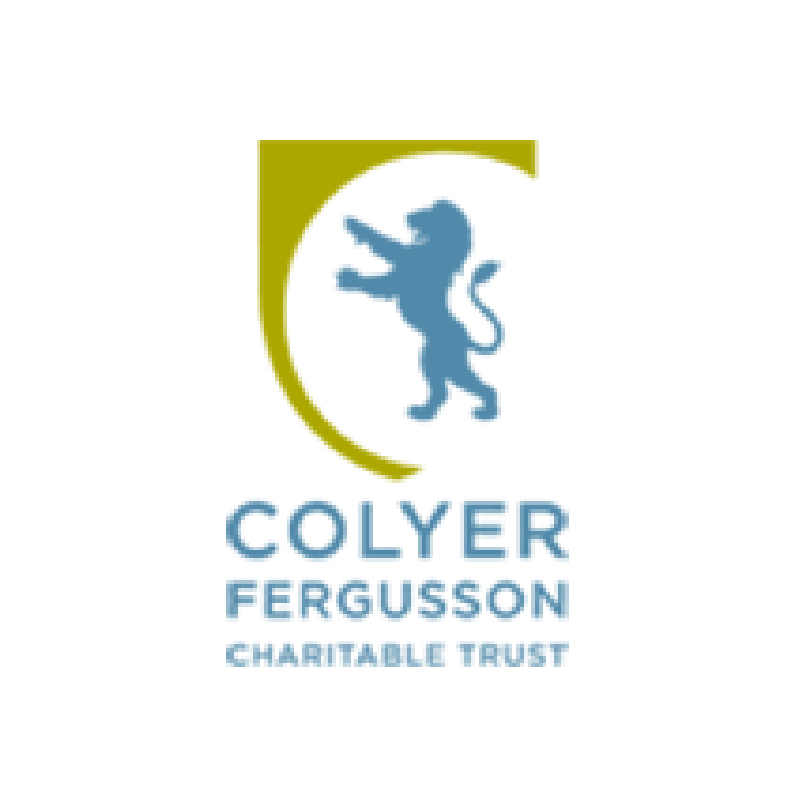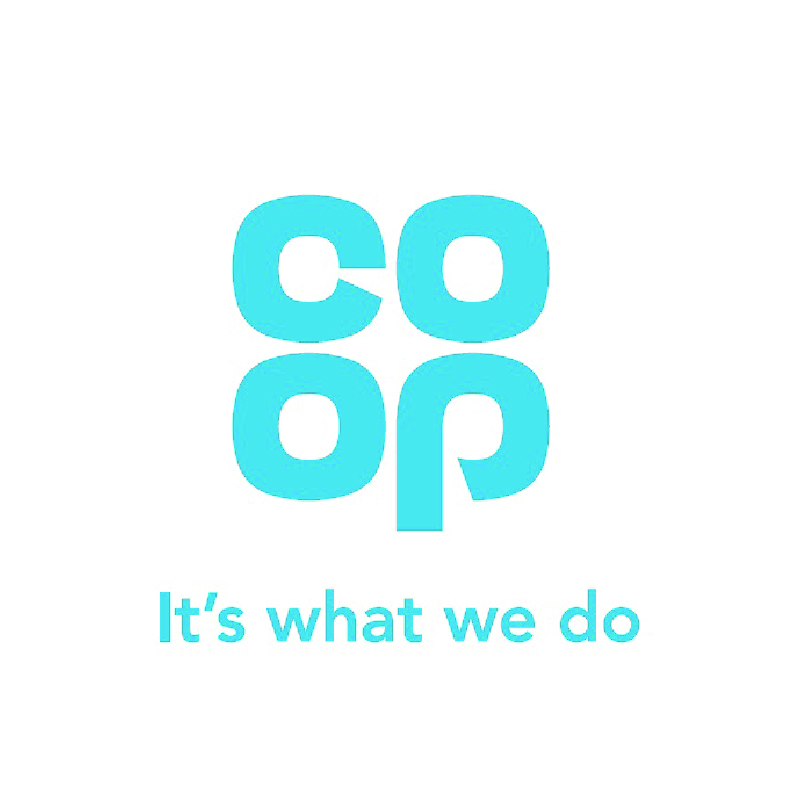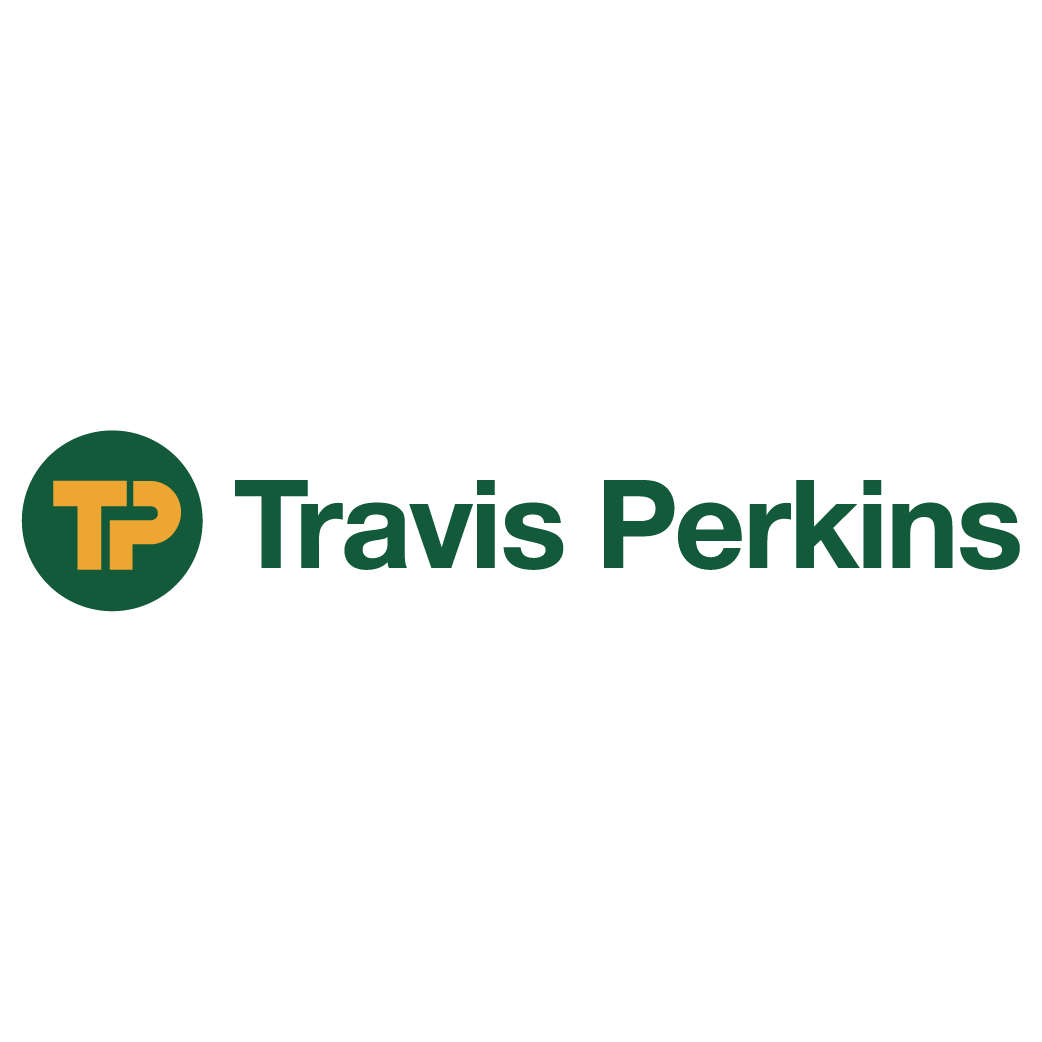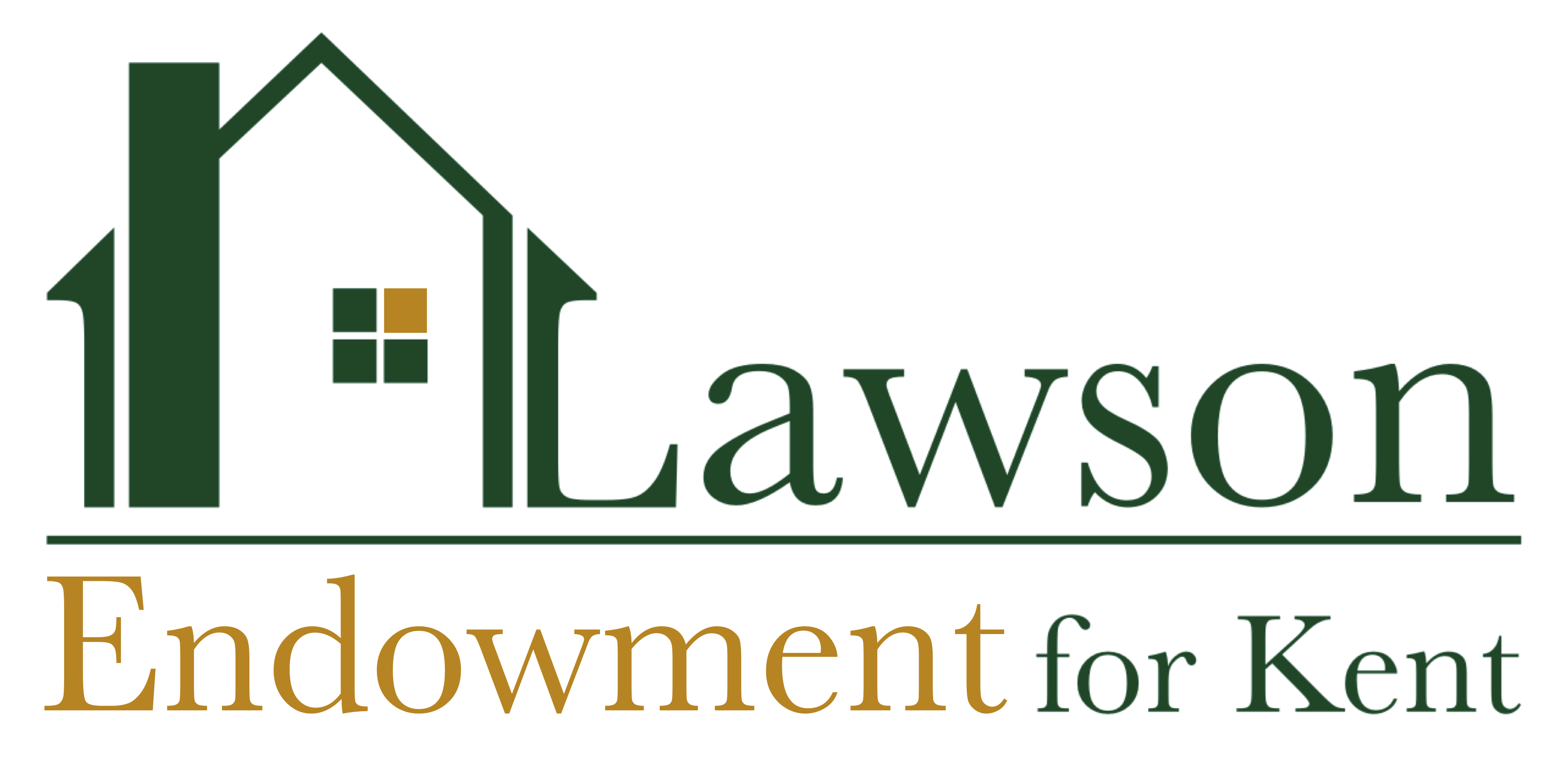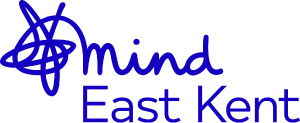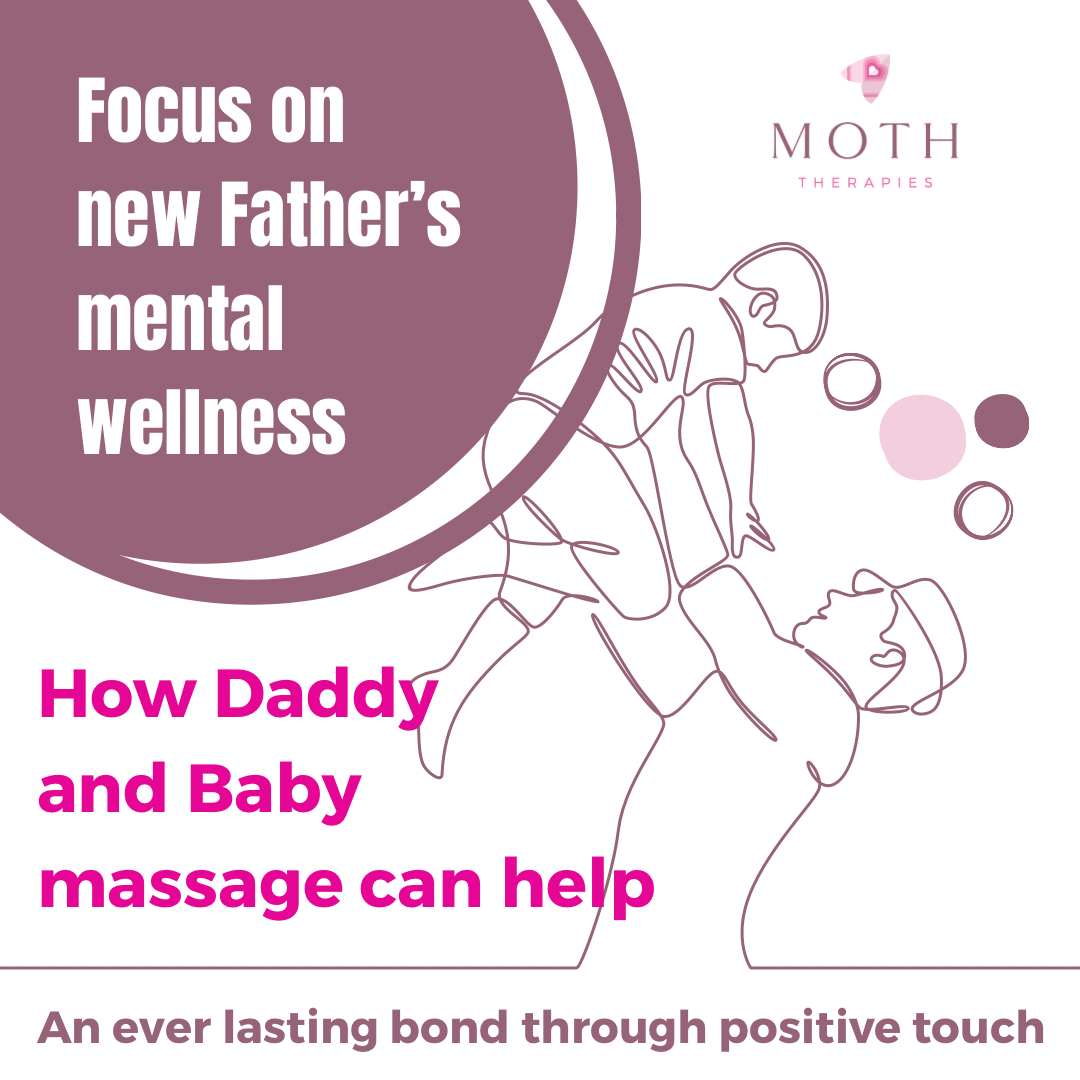
When a new baby arrives, the expectation is, that everyone is filled with joy. And it is undeniably a miraculous event in a new parent’s life. But the reality of it can be so very hard and no one can prepare you for the flood of emotions, changes in roles and routines, as well as relationship dynamics.
Let’s face it, no one truly prepares you and babies don’t come with a Haynes manual!
Everyone visits because they want to meet and hold the baby, but parents, particularly fathers are often forgotten in the post birth period. Often. new parents may feel a barrage of emotions, such as guilt, shame and self-judgement, for expressing their true feelings, if they aren’t always positive.
I remember when we had our first baby; the birth experience was not as it had been anticipated, resulting in a very long labour and an emergency Caesarean section. My husband has never been very good with any of those real life hospital TV dramas, but there he was, sleep deprived, worried about his wife (having watched her in pain for days), and then sent off into a scrubs room, to gown up for the impending arrival. You can imagine that anxiety was running very high at this point!
In theatre, he sat with me at the “tidy end”, and experienced the joyous moment of being the first to hold our son, which is a very special memory for him. But when we look back, it was evident that he struggled with the trauma of what we had gone through, and there were no specific support services to talk it through with.
As I was breast feeding and our baby refused a bottle, hubby was unable to provide support with feeding, to give me a break when I was exhausted. So, he felt cut off and pretty much surplus to requirements at times. We had no family locally and no friends with babies either, which lead him to feel low, and it’s likely that he suffered with, what we now know to be, Post Natal Depression in new fathers.
Post-natal depression in father’s, can happen for many reasons, such as changes in relationship with their partner, lack of support, stressors at work, sleep deprivation and managing their new role, routines and feelings around the birth experience. Fathers can vicariously live through the traumatic experience of their partner and It can be really tough for a father to identify that he has been traumatised and may struggle to ask for any help.
It is important to know that everyone’s perception and experience of trauma is different. It is relative to you as an individual and YOUR feelings should be acknowledged and not compared to those of others, or talked down by someone on the ‘outside’.
If you have experienced a traumatic event, your mind will try to cope with it in different ways, for example;
- It may be hard to acknowledge that you went through a difficult experience.
- You may experience high levels of stress, snappiness, anxiety or panic attacks.
- You may experience bad dreams or nightmares, or even have problems getting off to sleep, or staying asleep.
- You may experience flashbacks.
- You may find it hard to concentrate.
- You may dissociate (disconnect) your conscious (logical) mind from the subconscious (emotional) part of your mind, to protect yourself from what you have been through.
- You may start to experience pain in the body or headaches, because of trapped emotions.
- You may feel low in mood, flat, unmotivated or have feelings of low self-esteem.
- You may start to drink more than you used to, or eat comfort foods, to help you feel better in the moment.
It is vital to be aware that your subconscious mind responds automatically to protect you, especially when you are in a situation that you do not have control over. Your mind literally makes a split-second decision about how it will cope in a given situation, which is outside of your conscious (logical) control. Of course, everyone is different, so it is important to be aware that everyone’s reactions post birth need to be supported uniquely.
One of the other difficulties is that fathers often don’t get an opportunity to engage in baby groups and meet other fathers, so that they can share their experiences. They can feel isolated and left to cope with their feelings, in the hope that they fade over time.
One thing is certain though; Fathers are desperate to build a connection with their new baby, but the reality, is that this can be very difficult, when the baby continues to be so dependent upon Mum in the 4th Trimester.
Research has found that men can put themselves under pressure, to the point that they feel dissatisfied with their ability to form a meaningful relationship with their new baby, in the early weeks.
So how can new Dad’s help to increase their bonding experience and their feelings of helpfulness and self-worth, during this time?
The answer lies in Positive Touch, in other words, skin on skin experiences, including baby massage, which has been proven to have the following benefits for Father’s:
- It reduces paternal stress and is calming to the nervous system
- It has a positive effect on the emotional state of new father’s and in particular their depressive risk
- It Improves adjustment to the new parental role
- It increases confidence and competence
- It facilitates understanding of baby’s cues
- It increases bonding and attachment
- It is an opportunity to learn a new skill, which creates positivity and feel good hormones
- It brings an opportunity to use baby massage within baby’s routine and be more involved e.g bath time
- It gives a sense of control, to utilise strategies helping baby ailments, such as wind, colic, constipation, teething pain and cold symptoms
- It increases interaction between baby and father
- It facilitates talking and sharing with other fathers, when supported in a group situation
These benefits are exactly why I created Daddy and Baby massage workshops, to give father’s an opportunity to feel like they have some useful strategies, that they can use to help, when baby is suffering with wind, colic and constipation, or is over tired.
It gives them an opportunity to build a very special close relationship, to connect deeply with each other and to create special memories together.
Baby massage is something that grows with baby and has so many lasting benefits for baby too, that helps with all areas of their development, such as their brain, strength, coordination, flexibility, movement, communication and senses.
Ultimately it fills a father and their baby, with heaps of joy, because it is fun and they are both flooded with feel good happy hormones too.
What help is available?
It is important to ask for help if you need it; talk to your partner about what you are feeling and seek out a support group like Revival MENTALK, or their Men’s walk on Mondays – MenTalkWalk. Other support available:
- You can access support from Tracey at MOTH Therapies privately. The CONTROL System (a form of gentle and effective, non-trance hypnosis, where you are wide awake and involved during the process, to move away from the feelings of distress and trauma); you can find more details here:
www.moththerapies.co.uk/control-system/
- Tracey can work with the body to release held emotions, using Myofascial release, which can help hugely with aches, pains and headaches. She also specialises in scar tissue therapy; please do contact her directly, if you would like to discuss any services tracey@moththerapies.co.uk
- You can access free talking therapies, by self referral (there is no need to go through your GP):
https://www.wearewithyou.org.uk/help-and-advice/mental-health-help-surrey-and-kent/
- Kent and Medway Maternity services have created an informative website ”Bump Birth and Beyond”: https://kentandmedwaylms.nhs.uk/after-birth
- If you and your partner would like to talk through your birth experience with the East Kent Hospitals University NHS Foundation Trust, you can do so through the Birth Afterthoughts Service; Tel: 01227 864152 or email: eke-tr-birthafterthoughts@nhs.net
- The Birth Trauma Association (Non-profit organisation) offer a free helpline manned by Peer Supporters. They offer a listening ear for anyone who requires support following a birth trauma. Tel: 0203 621 6338
- If you feel that you need someone to talk too urgently, call NHS 111 or Samaritans 116 123
- If you’re interested in joining MOTH Therapies Daddy and Baby Massage Workshops (which are always on a weekend), please request details by email; tracey@moththerapies.co.uk
Tracey also runs 6 week programmes for Mums, and Partners are very welcome to attend too.
If you have any questions, as a result of reading this article, please contact Tracey directly and she will be happy to provide any support that you need.
Tracey Allport
Multi-trained Therapist
Baby & Story Massage instructor
MOTH Therapies




